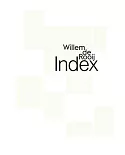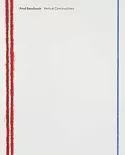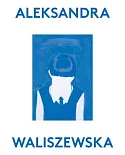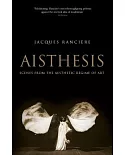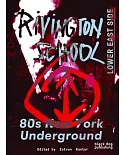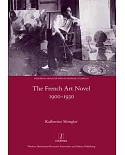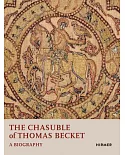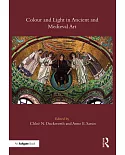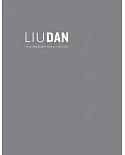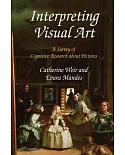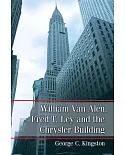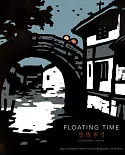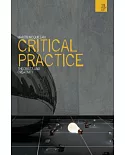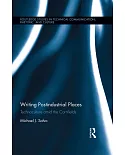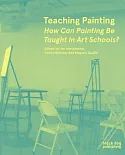Robert Irwin began his career in the 1950s as an abstract painter. As a pioneer of the Light and Space movement in Los Angeles in the 1970s and early 80s, Irwin focused on exploring aesthetic
perception as the fundamental feature of art, culminating in what he terms “conditional art” or “site-conditioned work.”
In addition to being a prolific artist, Irwin has been an active writer throughout his career. This book includes previously published pieces along with a significant selection of writings
published for the first time. The texts cover a diverse terrain such as the lessons of modern art, Irwin’s philosophy of teaching, and his understanding of art as a form of pure inquiry,
presenting the reader with an overview of his unique perspective within the broad discourse of postwar American art. The book makes clear that writing as a reflection on aesthetic questions
is an integral element of Irwin’s multifaceted art practice.


